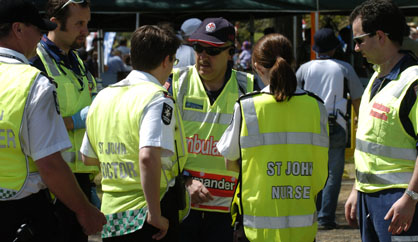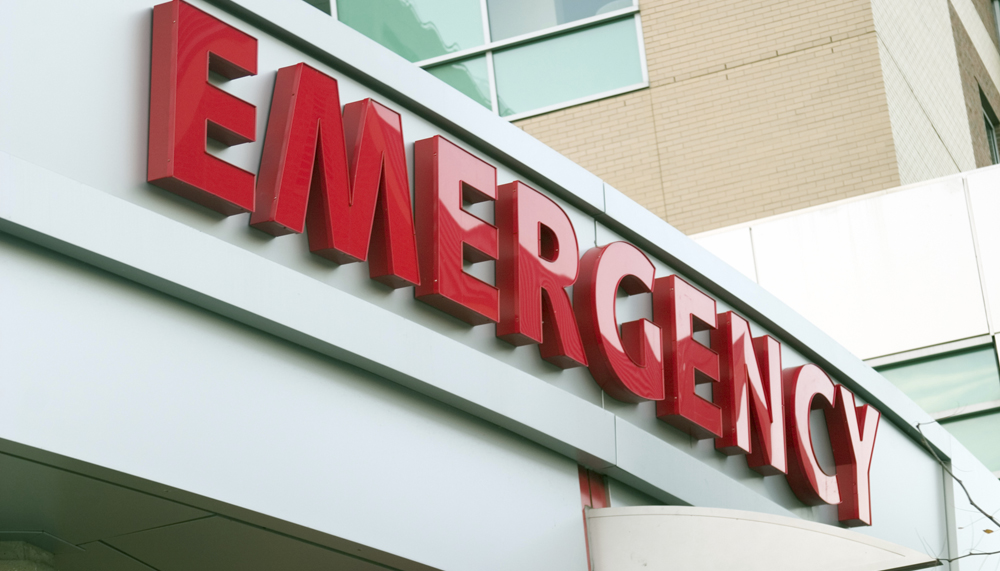Disaster and opportunity

Pre-hospital placements are offering nurses and students more chances for training and learning.
Nurses and student nurses are increasingly exploring alternative and innovative ways to deliver care and develop their knowledge and skills in environments beyond the traditional hospital setting.
This drive to practise beyond hospital, coupled with the ever-present demand for clinical placement and exposure, is contributing to a broadening of the role and opportunities for nurses and student nurses in the pre-hospital environment.
Nursing with St John Ambulance Australia is an opportunity for nurses to practise, challenge and enhance their clinical knowledge in a variety of settings outside hospital.
The challenge for those organisations that provide pre-hospital care is to ensure that a robust and contemporary focus on clinical governance is in place, a multidisciplinary approach to collaboration exists and adequate training and development are available to the workforce – whether salaried or volunteer.
For nurses and student nurses, the pre-hospital environment is dynamic and can offer a diverse variety of clinical presentations ranging from minor wounds and mild illness right through to cardiac arrest, multi-patient incidents and disasters. Most organisations that routinely deploy nurses and student nurses to major events or mass gatherings use a risk-assessment process driven by variables such as health service capability, climate, event type and demographic considerations.
Anecdotally, we know that nurses and students who gain experience through practising or learning to practise in the pre-hospital environment are better equipped to respond effectively to a critical incident in hospital. Nurses and student nurses have performed important and influential roles in disaster management and response when the healthcare system has been placed under some degree of pressure.
From a nursing and volunteering point of view, it is both pleasing and encouraging to note that the Nursing and Midwifery Board of Australia, through its recency of practice registration standard, considers unremunerated work within its practice definition. This enables and supports nurses who volunteer their time and service to their community whilst contributing to the maintenance of their registration requirements. With the role of the pre-hospital nurse now broadening, we are seeing an increasing foray by nurses into supportive roles – including policy development, training development, logistics management and clinical leadership.
Student nurses who are exposed to and practise under supervision within the pre-hospital environment will probably gain experience equal to or surpassing that found whilst on clinical placement elsewhere. It could be well argued that more formal clinical placement opportunities for student nurses in the pre-hospital environment would largely satisfy elements associated with a quality clinical placement.
Collaboration between education providers and organisations that routinely use nurses in the pre-hospital environment could only be viewed as advantageous for the student, the educational provider and the organisation.
With the pre-hospital role and value of nurses being recognised and broadened, organisations that provide pre-hospital care through nurses are, increasingly, offering a variety of educational opportunities with a view to developing and retaining their nursing workforce. Such opportunities include competency-based education in relation to training and assessment, professional development, exposure to simulation technology and management training.
Adjunct associate professor Brett Aimers is the chief nurse for St John Ambulance Australia.
Email: [email protected]


